2017 Wall Street Reading List
A collection of the Wall Street Reading List's best business books published in 2017.
3,343 views
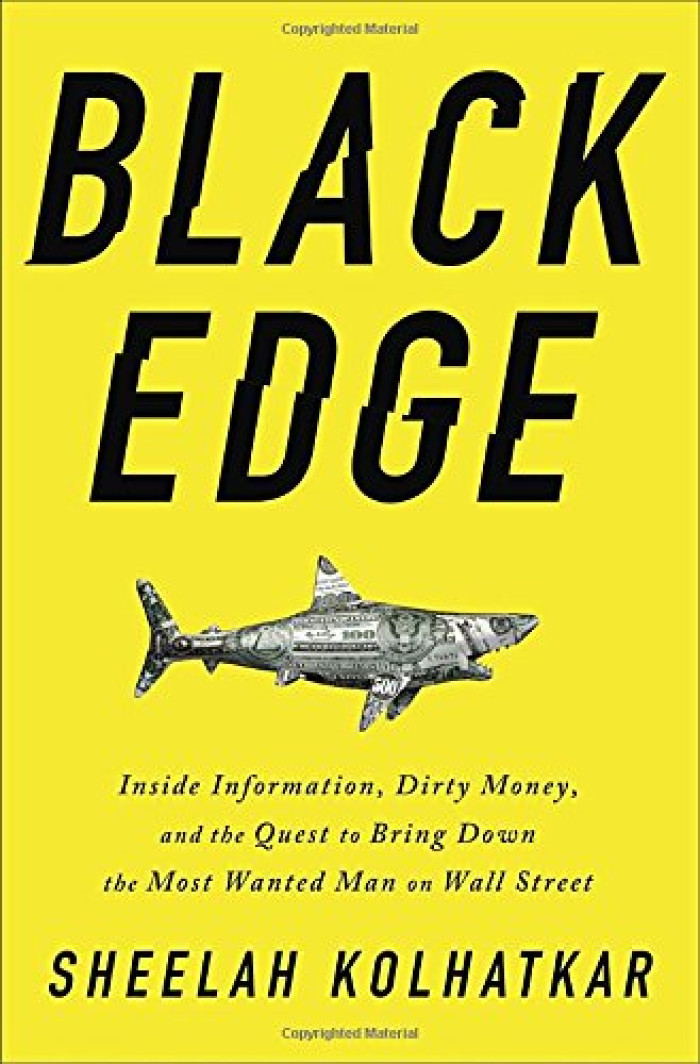
Black Edge
Sheelah Kolhatkar
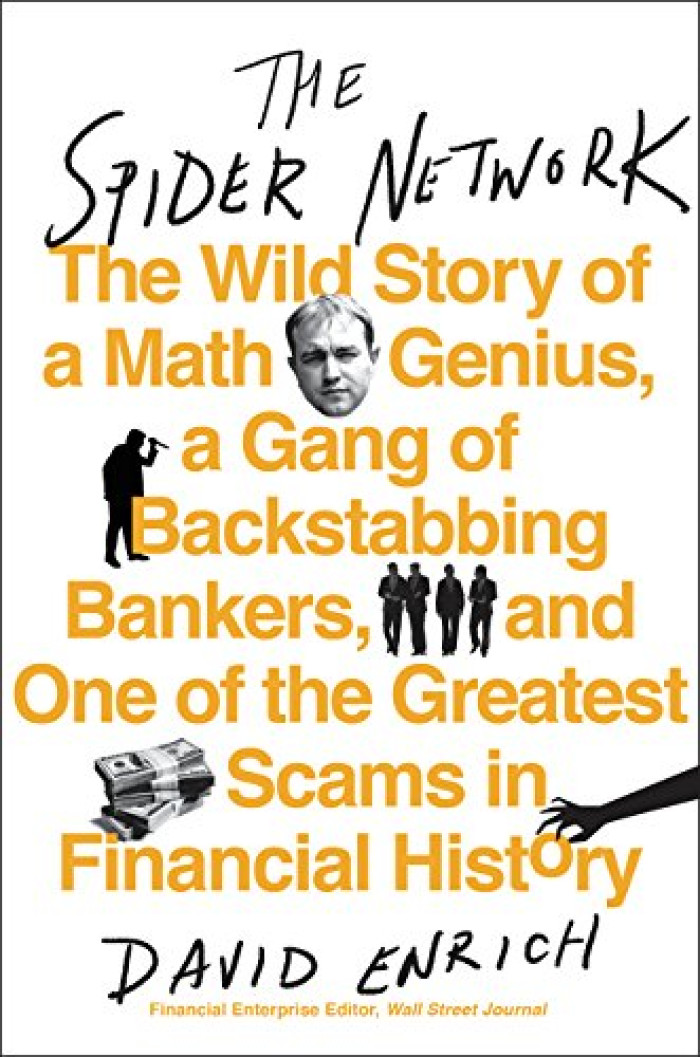
The Spider Network
David Enrich
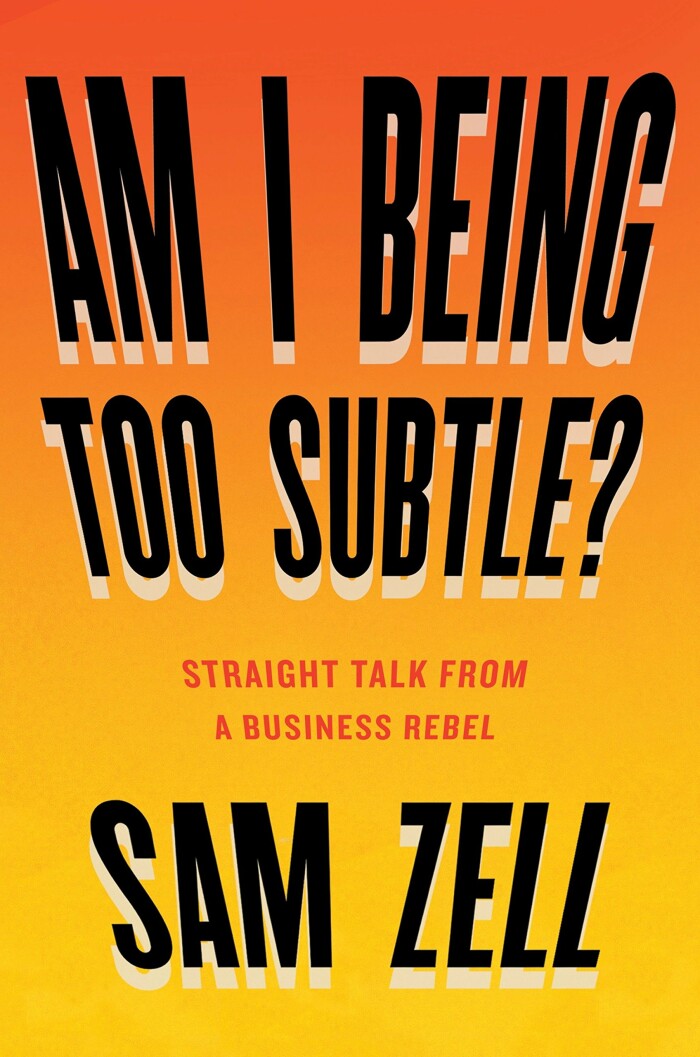
Am I Being Too Subtle?
Sam Zell
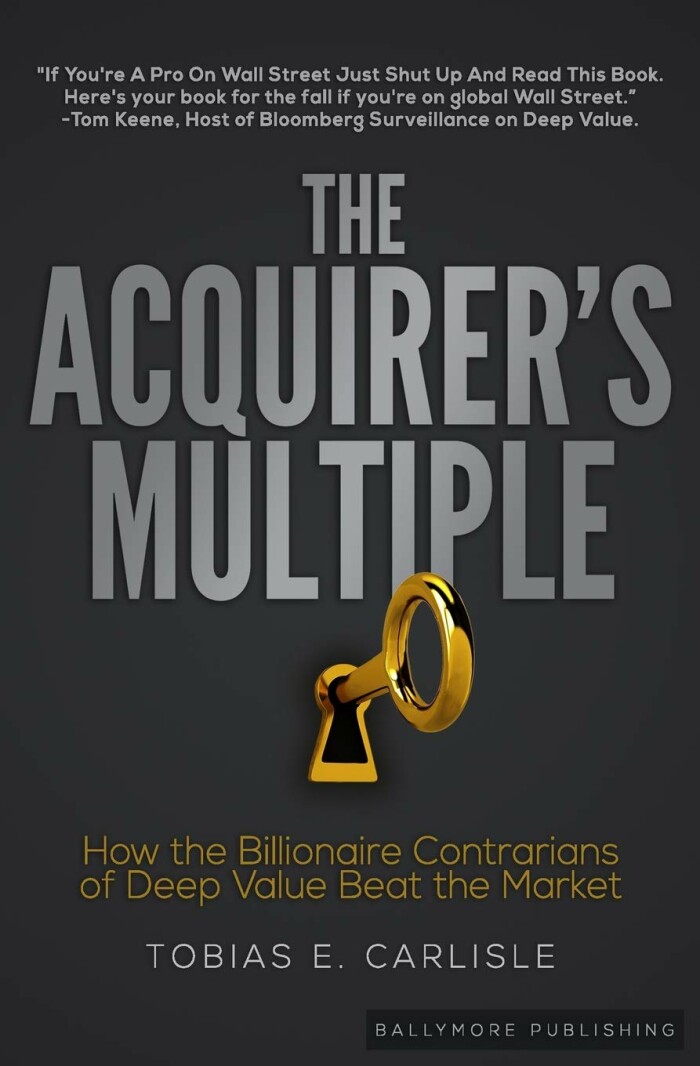
The Acquirer's Multiple
Tobias E. Carlisle
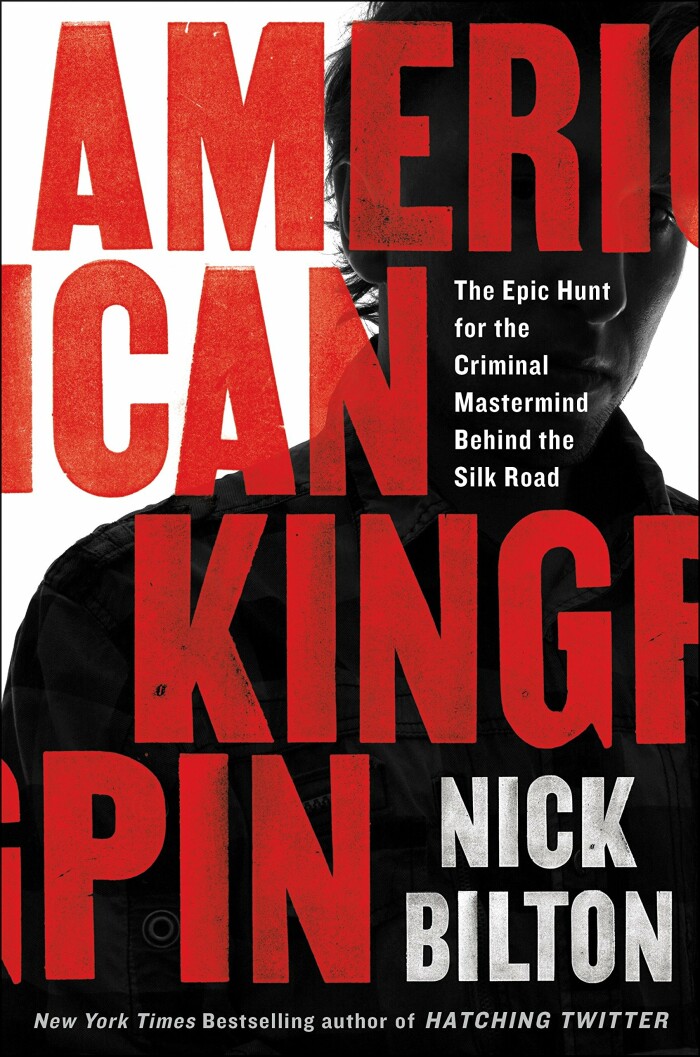
American Kingpin
Nick Bilton
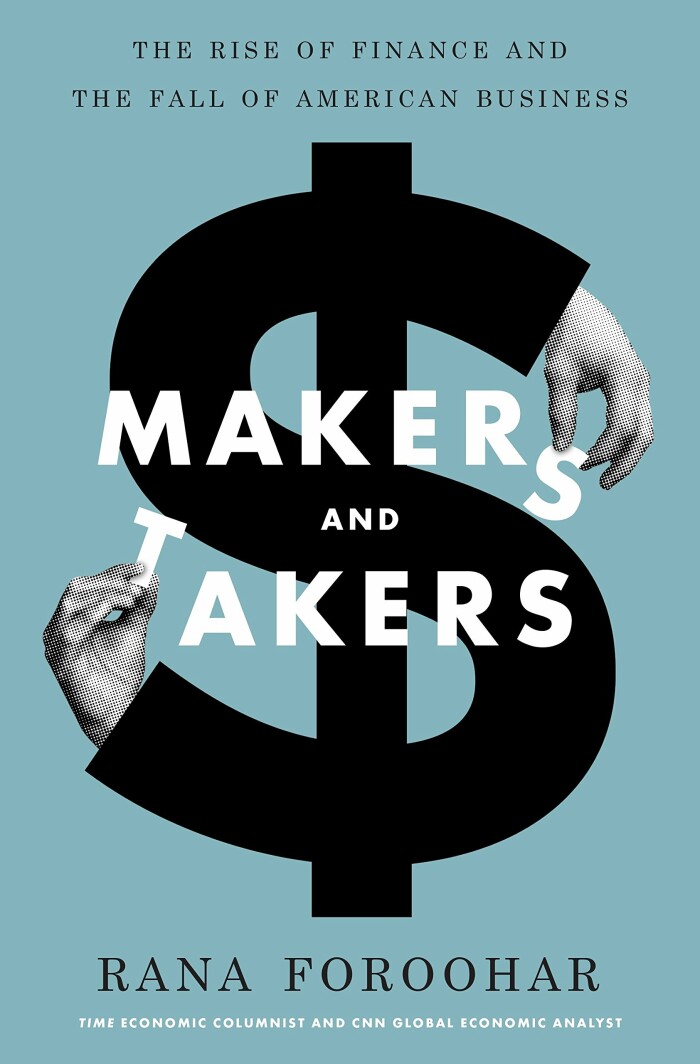
Makers and Takers
Rana Foroohar
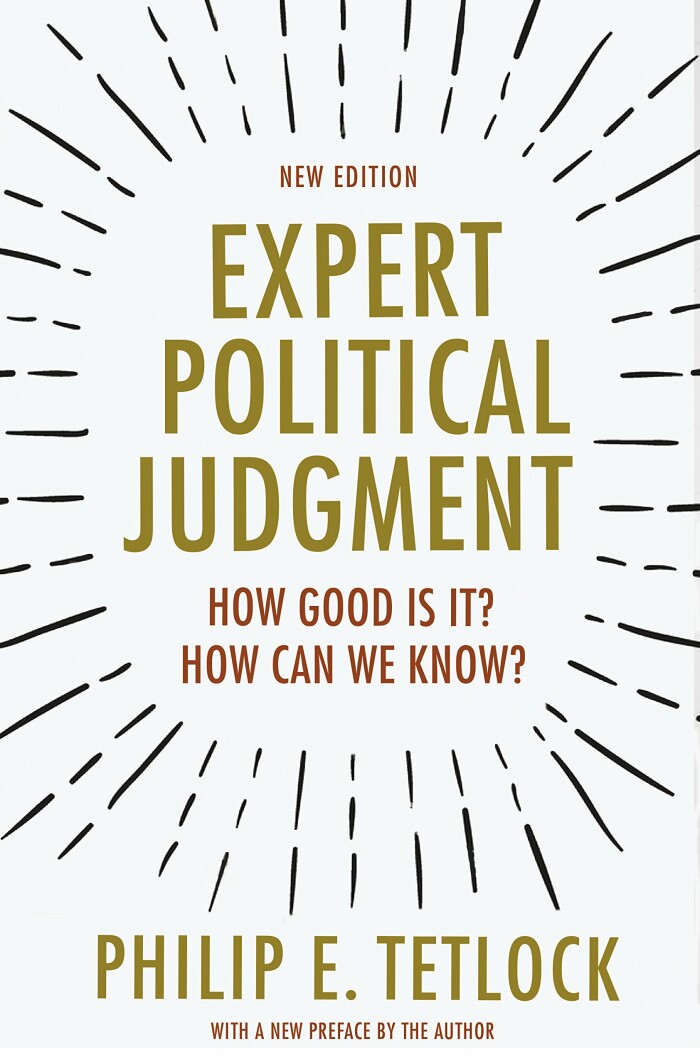
Expert Political Judgment
Philip E. Tetlock
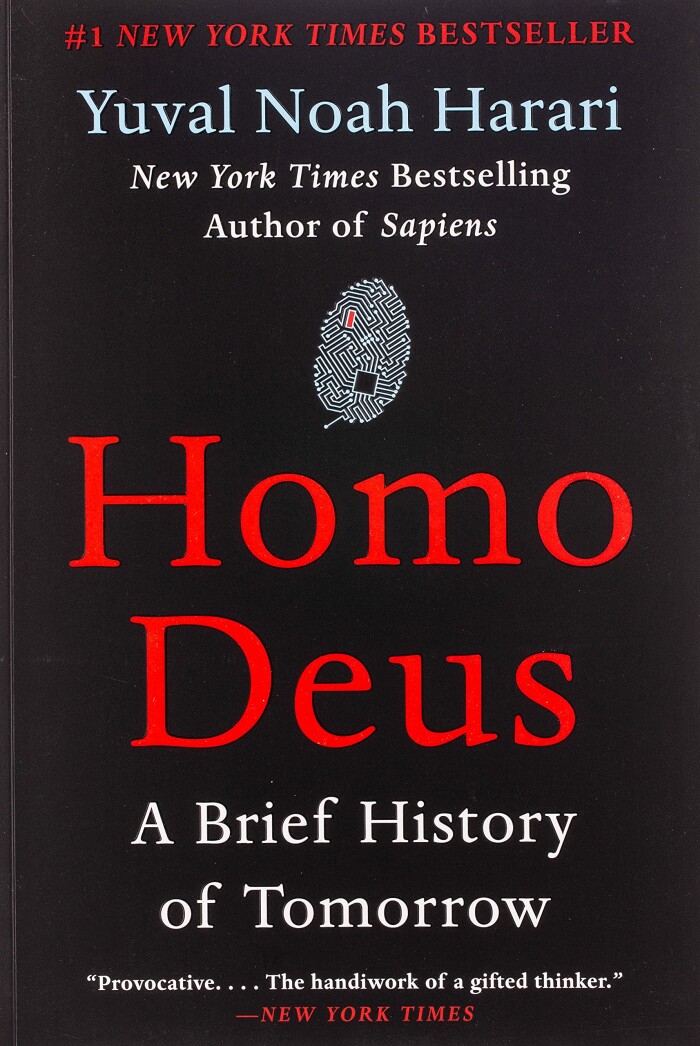
Homo Deus
Yuval Noah Harari
